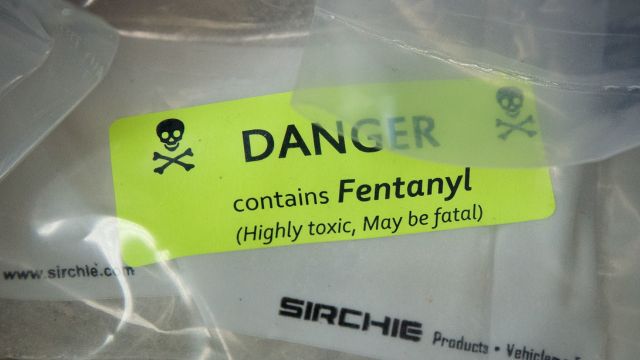In the event that you are a young person in Connecticut who is interested in entering the workforce, you might be curious about the labor regulations that govern the state. In order to safeguard young people from potentially hazardous working circumstances and to guarantee that their education continues to be a top priority, Connecticut has enacted certain restrictions concerning the legal working age, employment licenses, and occupational categories that are prohibited.
Workplace Minimum Age in the State of Connecticut
According on the type of job and the sector, the minimum age required to legally work in Connecticut varies. Generally speaking, the minimum age required to be employed is fourteen years old. Younger minors, on the other hand, are permitted to work in very specific capacities, such as in the performing arts, agricultural jobs, and home chores.
It is possible for teens between the ages of 14 and 15 to work in the majority of non-hazardous vocations; nevertheless, they are subject to severe hour constraints, particularly when school is in session. Those who are 16 years old or older are subject to less limitations, but they are still need to comply with labor rules for working hours and conditions.
Who Is Required to Have a Work Permit?
Before they can begin working, minors in Connecticut who are under the age of 18 are normally required to get a work permit. The use of a work permit, which is commonly referred to as “working papers,” guarantees that both the employer and the minor are in compliance with the rules governing labor in the state.
How to Obtain a Work Permit
- Find a Job – The minor must first receive a job offer from an employer before applying for a permit.
- Get the Necessary Forms – Work permits are issued by the school district where the minor resides or attends school.
- Provide Identification – The minor must present proof of age, such as a birth certificate, passport, or state ID.
- Employer Certification – The employer must provide details about the job, including work duties and hours.
- Approval from the School – The school verifies that the job does not interfere with the student’s education before issuing the permit.
Once obtained, the work permit is specific to the employer and job position. If the minor changes jobs, a new permit must be acquired.
Restricted Jobs for Minors in Connecticut
To protect young workers from dangerous conditions, Connecticut law restricts minors from certain occupations. The restrictions vary depending on the minor’s age.
Jobs Prohibited for Minors Under 16
- Manufacturing and factory work
- Operating machinery or power tools
- Construction and demolition work
- Handling hazardous chemicals
- Warehousing jobs
- Working in amusement parks with hazardous rides
Jobs Prohibited for Minors Under 18
For those between 16 and 17 years old, additional restrictions apply, including:
- Roofing and excavation work
- Operating heavy machinery or forklifts
- Serving alcohol (except in specific cases with supervision)
- Working in hazardous mining and logging jobs
- Driving as part of job duties
- Exposure to dangerous chemicals or extreme temperatures
However, teens can work in restaurants, retail stores, offices, and other safe environments.
Work Hour Restrictions for Minors
To ensure that employment does not interfere with education, Connecticut enforces strict work-hour limits for minors, particularly during the school year.
Hour Limits for 14- and 15-Year-Olds
- During school weeks: Up to 3 hours per day and 18 hours per week
- Non-school weeks: Up to 8 hours per day and 40 hours per week
- Permitted work hours: Between 7 AM and 7 PM (extended to 9 PM in summer)
Hour Limits for 16- and 17-Year-Olds
- During school weeks: Up to 6 hours per day and 32 hours per week (48 hours in retail jobs)
- Non-school weeks: Up to 8 hours per day and 48 hours per week
- Permitted work hours: Between 6 AM and 11 PM (later for certain jobs with school permission)
Benefits of Teen Employment
While there are restrictions, Connecticut encourages teenagers to gain work experience in safe and educational environments. Employment teaches young people responsibility, time management, and financial skills. Many teens start with jobs in retail, food service, or babysitting, which provide valuable real-world experience.
Conclusion
Connecticut’s labor laws balance the benefits of teen employment with protections to ensure young workers are safe and their education remains a priority. If you’re a minor looking to work in Connecticut, understanding the rules on work permits, job restrictions, and work hours can help you navigate employment opportunities safely and legally. Always check with your local school district and employer to ensure compliance with state regulations.


 by
by 




